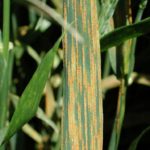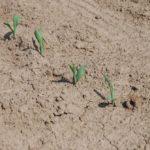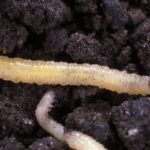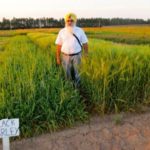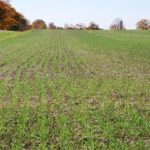Normally, stripe rust in winter wheat isn’t a huge problem for growers in Eastern Canada, and particularly in Ontario — at least, not at this stage of the growing season — but the 2016 growing season isn’t shaping up to be “normal” either. For now, the immediate challenge before growers is to get out and



